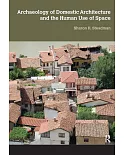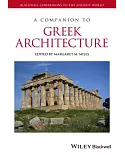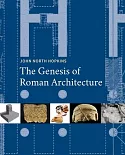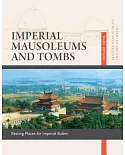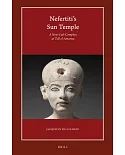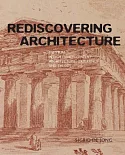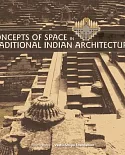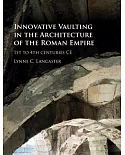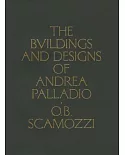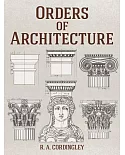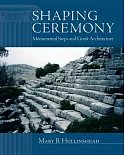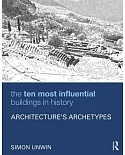The palace complex of the Persian King Darius I, the Great (522-486 BCE), provides unique evidence of the sophistication of Achaemenid architecture and construction. This palace, built 2500
years ago in western Iran, lay at the centre of the Persian Empire that stretched from the Nile and the Aegean to the Indus Valley. First rediscovered in 1851, the palace of Darius was partly
excavated over the next century. But it was only field research between 1969 and 1979 by the noted French archaeologist Jean Perrot which revealed the site’s full dimension and complexity.
Its bull-headed capitals, enamel friezes of richly-clad archers holding spears, figures of noble lions and winged monsters, introduced a new iconography into the ancient Persian world. The
discovery and excavation of the palace, which this book records, thus casts a new light on the beginnings of the Achaemenid period. Edited by the distinguished scholar of ancient Persia, John
Curtis, the lavishly illustrated volume is a work of seminal importance for the understanding of ancient Persia, likely to be radically altered by Perrot’s research and findings.



